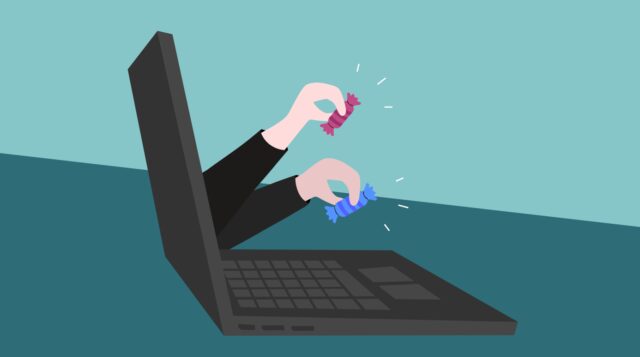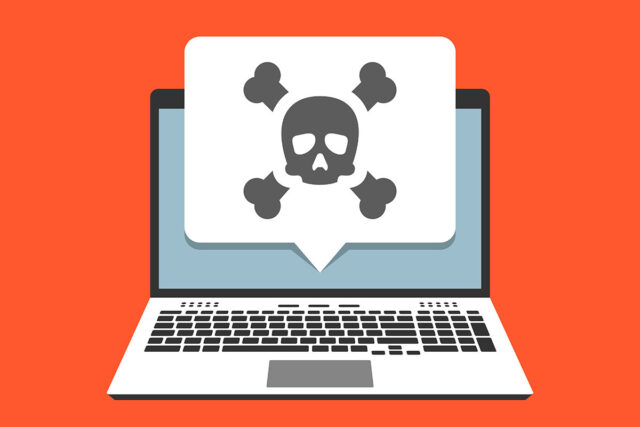
Keeping kids away from the internet is practically impossible, even if they are with special needs. Generally speaking, the World Wide Web is a great place to find entertainment, learn, and even socialize. However, the reality is that many dangers might be stalking them, and at some point, while they are online, they can fall prey to scams and even be harassed or stalked. Hence one can never be too careful. It happens even to adults, and it is never a pleasant experience, so for a child with special needs, it can be quite traumatizing and leave other consequences.
Whether a child has learning disabilities, ADHD, or a disorder from the autism spectrum, it is essential to teach them about online safety and impose some rules that they will have to follow while browsing or using any social network platform. Unfortunately, they are more likely to face online threats or to become victims of harassment. There are websites where the parents can read more about keeping them safe and continuously monitoring their activity.
Even offline, many kids with special needs already have problems with their social interactions and expressing and recognizing appropriate behavior. They may struggle with reading social cues, controlling their behavior and emotions, discerning inaccurate information from the accurate (which sometimes even adults fail to do), or estimating a person’s credibility and trustworthiness. Online, that would translate into even more significant risks, meaning that they would be even more likely to be victims of bullying, predators, or any kind of scams.
This is a particular problem since the parents aren’t aware of the struggles and dangers their children might be faced with while in front of the computer.
Many children with special needs sometimes lack the necessary social skills such as recognizing facial expressions and maintaining personal space, affective skills like understanding and expressing feelings, or cognitive skills – appropriate behavior, making choices, self-control, and proper face-to-face communication. That immediately puts them at a higher risk for the threats that lurk once they are online, as the troubles are likely to be amplified due to the lack of particular skills.
1. Targeted harassment and cyberbullying

Monsters exist, and they are online. It is unbelievable how to mean people can get once they are hidden behind an avatar or when sitting behind a screen. Most of us have been a target of harassment or bullying at some point, so it is crucial to protect the children from unwanted interactions. This is a challenging task, as potentially anyone, at some given point, can become a threat to their malicious actions. They can assume any identity and humiliate an individual for whatever reason. Many online communities and forums are moderated, but in certain situations, the so-called ‘” trolls” can be encouraged, and even speech of hate, inappropriate jokes, name-calling, public humiliation, and much more. Circumstances and people like these can shake us to our very core, so it is not unexpected for a fragile child to be deeply disturbed by such acts.
2. Cyber predators

As mentioned before, some children might not have the set of social skills to determine whether they can trust a person or if their behavior is appropriate or not, so they might innocently develop a relationship with a sexual predator who wants to harm them. The predator, who is usually very friendly, might start asking questions that seem benign, harmless and can receive answers without the child getting suspicious at all. Quite the opposite: as kids with disabilities are often lonely and misunderstood, and they will be glad that someone is finally showing interest in them without questioning the reasons behind those intentions. That is why it is essential to closely monitor any online exchanges – particularly at forums, chat rooms, or even personal messages so that sexual exploitation might be avoided.
3. Phishing and other scams

Phishing is a cybercrime in which a person is lead to revealing personal information – usernames, passwords, banking and credit card details, shipping addresses, etc. The targets are usually contacted by email or texts, posing as a legitimate institution, trusted company, or any other entity with credibility, so that sensitive data can be extracted.
Other scams such as scammers pretending to run a legitimate shopping website or links that host malware, social engineering scams – the list is practically endless.
4. Posting private information

What happens in Vegas might stay there, but what is posted online – might come back to haunt us. The content we post online can never be completely deleted as someone might have a copy or a screenshot. The best thing would be to limit the files – mostly pictures and videos – that a child can send to another person online or post them on social media.
5. Downloading malware

Malicious software (malware or spyware) can be innocently downloaded as seemingly good software but from usually suspicious looking sites. As some children with special needs might not discern potential malware, it would be wise to install good antivirus and anti-malware programs as a preventative measure. Also, clicking on some inadvertent-looking links can install malware on the computer and cause many problems. The children should be informed as not to get carried away when clicking on links or visiting websites.
6. Pornography

Preventing access to porn sites or any sort of pornographic content can be achieved through measures like using Google SafeSearch, installing parental controls, asking your internet provider to block certain websites, looking out for inappropriate ads, and using screen time. Nothing guarantees complete isolation, so monitoring is always necessary.
The bottom line is that even though their many threats for children with special needs, that doesn’t mean that they should be denied access to the Internet altogether. It is a place where they can learn, develop and maintain friendships, and have fun, so it is vital to openly speak to them that there are dangers, ad what they can encounter, and how harm can be avoided. They should understand the risks and accept that everything has consequences, and be careful when it comes to interactions and posting any content.









